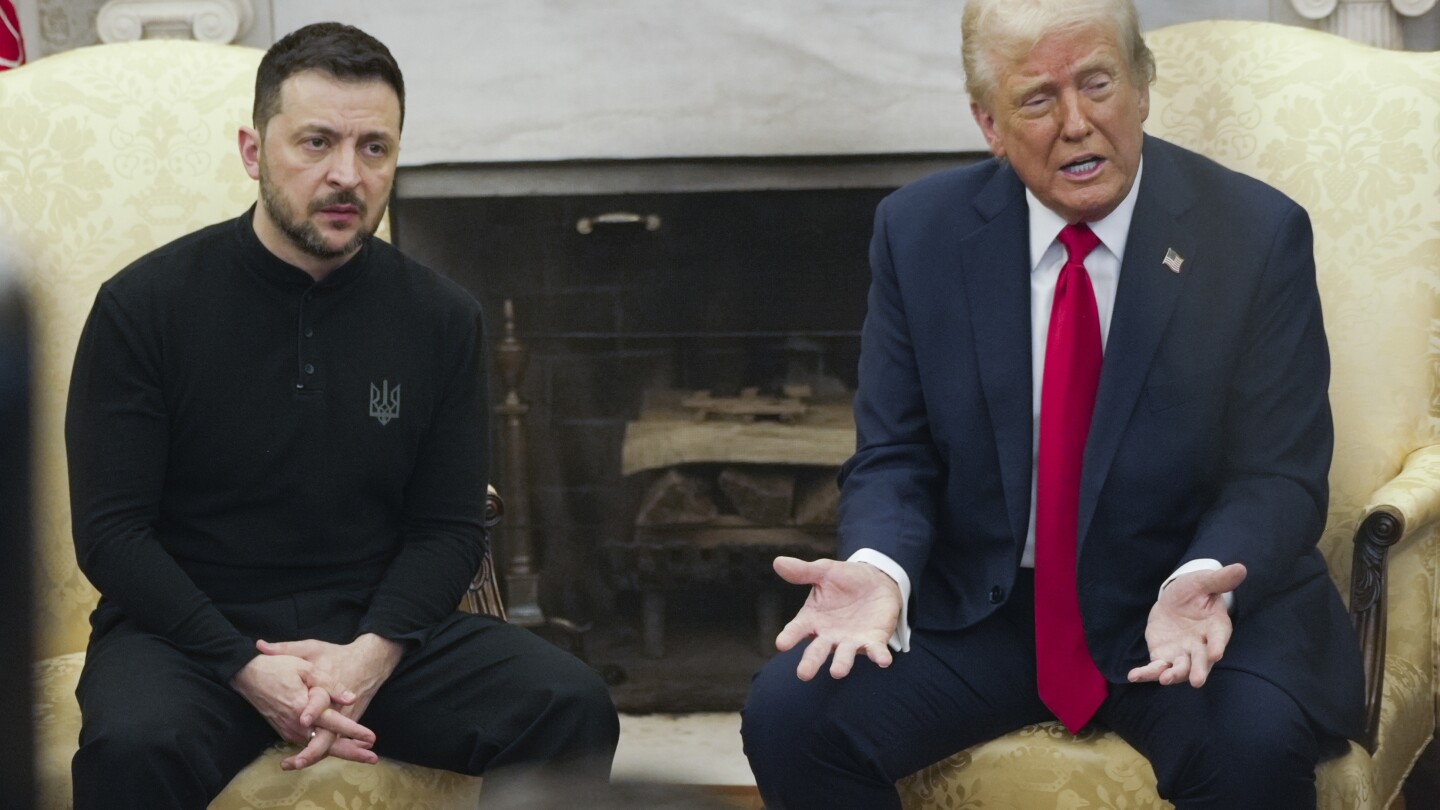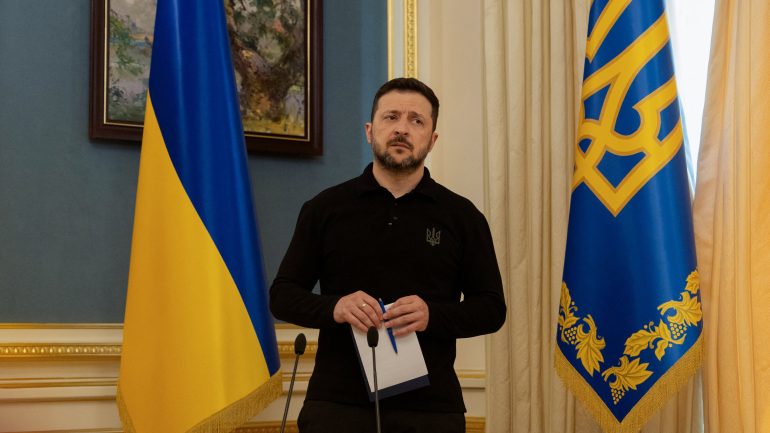US President Donald Trump recently claimed that Crimea, a region internationally recognized as part of Ukraine, will “remain with Russia.” In an interview with Time magazine, Trump asserted that the disputed territory, which Russia annexed in 2014, has been under Russian control for an extended period. He went as far as to state that Ukrainian President Volodymyr Zelensky understands this reality, suggesting that the region’s status has been settled for a long time.
Trump Blames Obama for Crimea’s Loss, Highlighting Strategic Importance Amid Ongoing Conflict
Trump also pointed fingers at the Obama administration for “handing over” Crimea to Russia. He claimed that the peninsula’s annexation occurred during Barack Obama’s presidency, implying that the former US president failed to prevent Russia from taking control. Trump further emphasized that under his own leadership, Crimea would not have been lost to Russia, portraying the event as a failure of the Obama administration’s foreign policy.

The ongoing controversy over Crimea stems from its strategic significance. The peninsula, located on the Black Sea, has been an essential location for military and economic purposes. Since Russia’s invasion of Ukraine in 2022, Crimea has served as a launchpad for attacks on Ukraine, particularly with missile and drone strikes. Russia’s control over Crimea has been a key factor in the continued conflict and the broader tensions between Russia and Ukraine, complicating diplomatic efforts for peace.
Zelensky Rejects Conceding Crimea, Citing Ukraine’s Constitution and Legal Barriers to Change
While Trump suggested that Ukraine should accept Russia’s claim to Crimea, Ukrainian President Zelensky has remained firm in his stance. Zelensky has made it clear that he cannot and will not concede Crimea to Russia, citing Ukraine’s constitution, which guarantees the inviolability of its borders. According to Article 2 of Ukraine’s constitution, any territorial change would require a national referendum, highlighting the legal and constitutional barriers to yielding Crimea.
Russia’s annexation of Crimea in 2014 followed the ousting of Ukraine’s pro-Russian president, Viktor Yanukovych, amid mass protests. Despite the international community’s widespread non-recognition of the annexation, Russia considers Crimea an inseparable part of its territory. Moscow’s stance is that the issue is settled “forever,” and it continues to fortify its control over the region. The annexation remains one of the most contentious points in the ongoing conflict between Russia and Ukraine.

